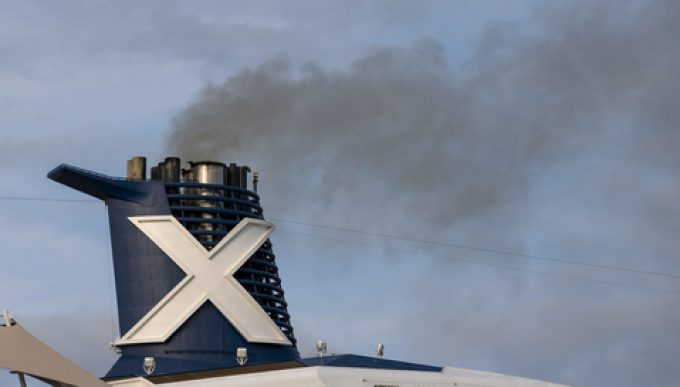UK eyes expanding its ETS to deepsea shipping – closing EU loophole
A loophole allowing ocean carriers to dodge ETS charges via a port call in the ...

The EU ETS won’t be smooth sailing for shipowners facing waves of extra administration.
Despite the EU’s new emission regulation coming into effect this month, Friederike Hesse, MD of ETS management platform Zero44, said “most companies are not yet prepared”, and there was a series ...

Comment on this article